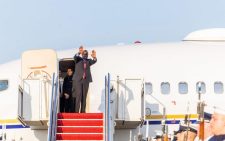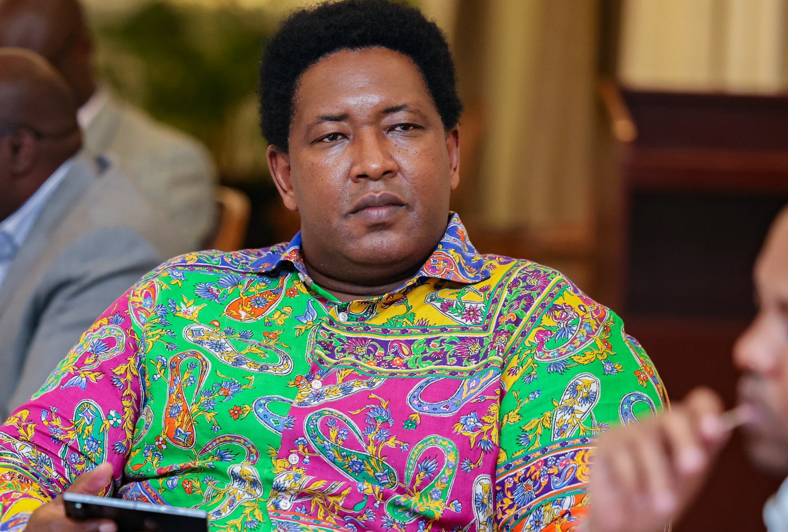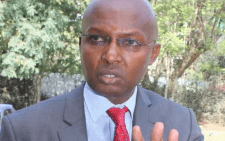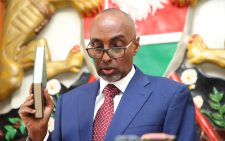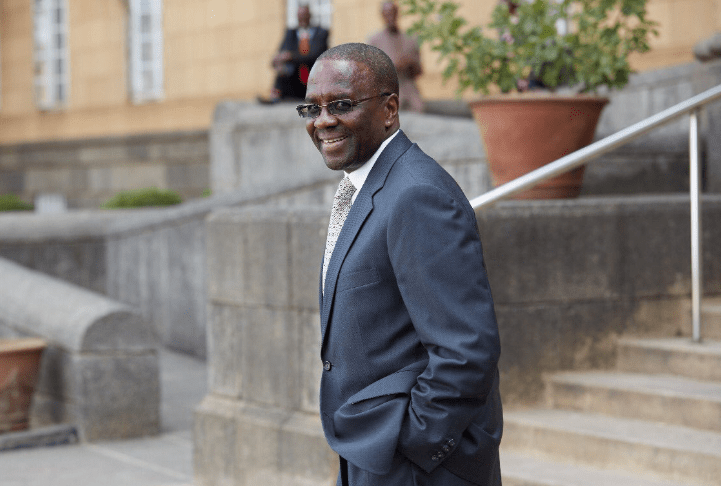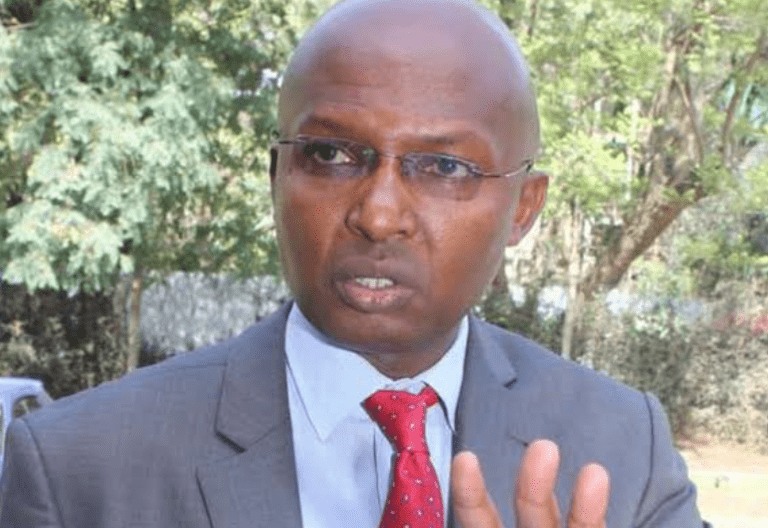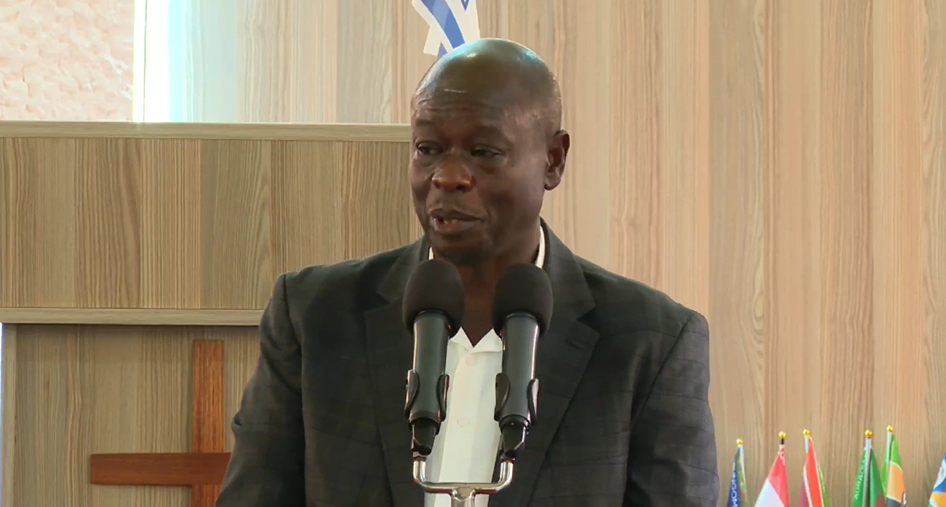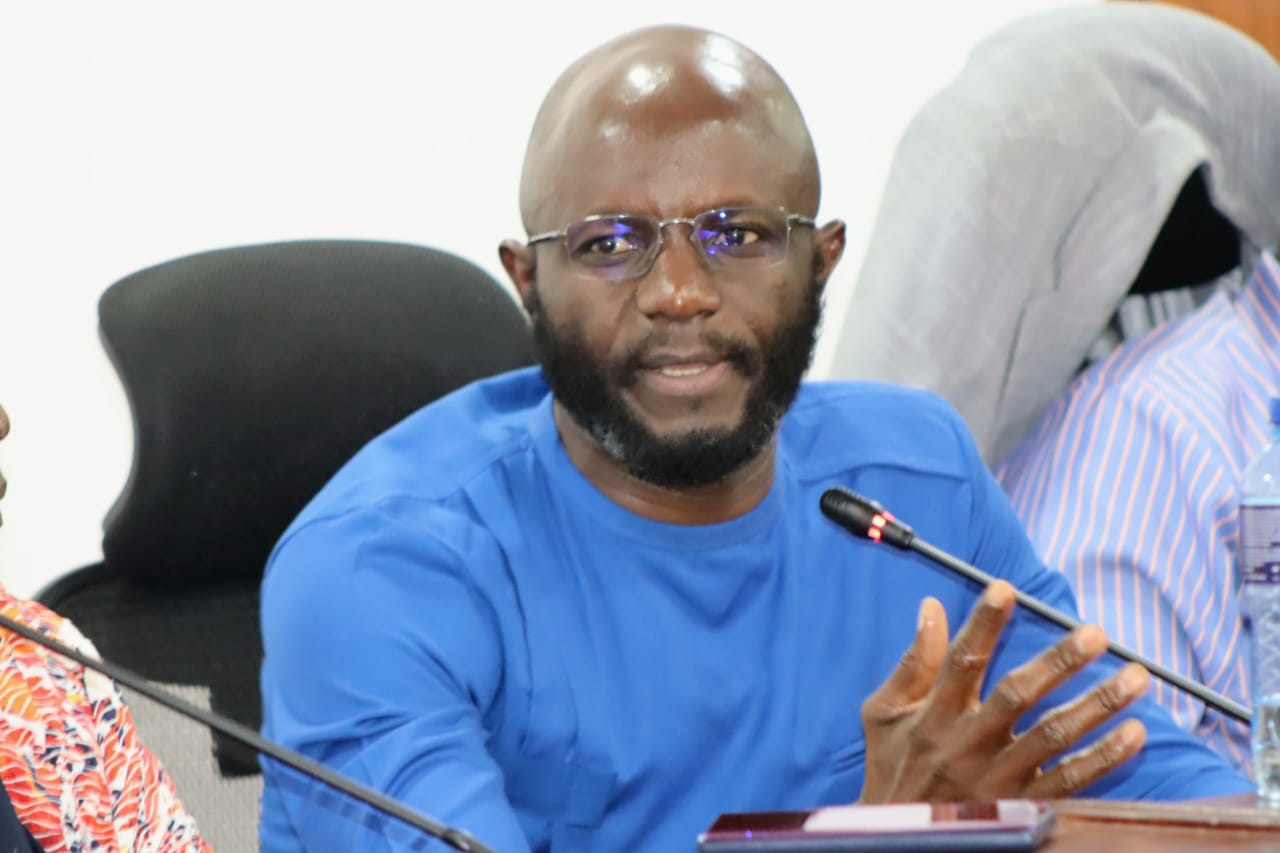Azimio: Give farmers cheap fertilizer
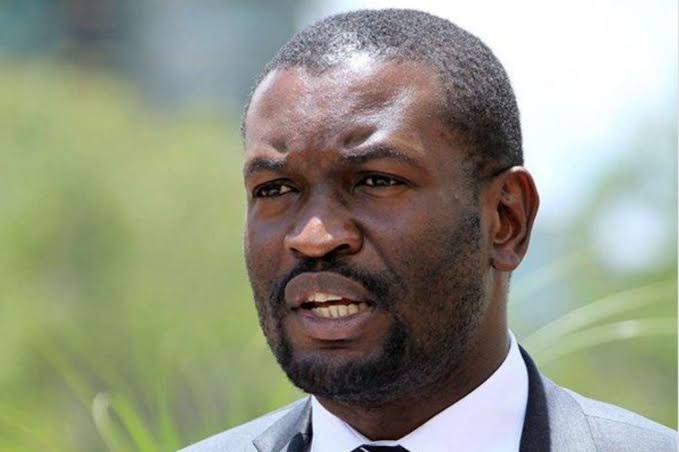
Azimio la Umoja coalition MPs have questioned the availability of the fertiliser even as most parts of the country start to receive rain.
The lawmakers; Edwin Sifuna (Nairobi), Enock Wambua (Kitui), Samuel Atandi (Alego Usonga) and Wanami Wamboka (Bumula) questioned why despite the Kenya Kwanza administration making promises about subsidized fertiliser, the commodity has not been made available for the farmers.
According to the leaders, President William Ruto and his deputy Rigathi Gachagua insist that their administration saved the economy huge amounts of money by removing subsidies.
In his inaugural speech, President Ruto announced that ending the subsidy would save the country Sh300 billion ($ 2.3 billion) which is equivalent to the entire national government development budget.
“But the administration is unable to explain where the money saved went or how those savings have resulted in improved circumstances for Kenyans. We are asking, where is the fertiliser that was supposed to be getting into the country from all over the world and that was supposed to be with farmers across the country by today, the middle of March?” asked Sifuna.
The leaders said as the long-awaited rains begin, farmers have no fertilisers, adding that farmers are stuck at a time they have been warned that the rains will be below average and the need to begin planting immediately.
“In most of the grain basket parts of our country, no farmer has seen the so-called subsidised fertiliser or any other. Senators from Laikipia, Kakamega, Bungoma, and Nyamira have confirmed this fact on the floor of the Senate,” said Wambua.
He went on: “The understanding of the farmers across all these areas is that cartels with godfathers in Kenya Kwanza regime took away all the fertilizers and either sold them at normal prices of exported them. We are staring at a clear case of sabotage of the economy and weapons-grade incompetence.”
The leaders charged that the lack of fertilisers was taking place at a time the cost of maize flour is set to go up again because of an acute shortage of grains, claiming that some milling firms are contemplating shutting down operations.
While poking holes in the Ruto administration, Sifuna charged that last year, President Ruto removed subsidies on life-and-death items such as maize flour, fuel and electricity.
According to Sifuna, Ruto announced that his administration was shifting from subsiding consumption to subsidising production as the surest way to bring down the cost of food, the timeframe within which the cost of living was to come down has become an ever-moving target.
“Subsidised fertiliser and its arrival in Kenya immediately became the new chorus. All subsidised fertilisers were supposed to have reached the farmers by mid of March. There was supposed to be fertiliser from Russia, Morocco and Tanzania, among other destinations. There are no fertilizers,” said Sifuna. The leaders explained that the fertiliser was supposed to be arriving worldwide.
“Where have the savings made from scrapped subsidies gone? We were told the saving is equivalent to the national government development budget. Who has stolen what was saved from the removed subsidies?” asked Atandi.
According to the leaders, President Ruto had announced that Kenya would be importing an additional 6 million bags of fertilizer ahead of the long rainy season of March 2023.
He said the extra fertiliser would help bridge a 10-million maize deficit that the country is currently grappling with. Ruto further announced last-mile delivery to centres close to the farmers.
Last month, Gachagua announced that the Kenya Kwanza regime had ordered at least six million bags of subsidized fertiliser.
Gachagua, further announced that the subsidized fertiliser was being made available in Uasin Gishu, Nakuru, Nandi, Kericho, Bomet and Trans Nzoia counties.
The Agriculture ministry capped the number of bags a farmer could get at the National Cereals and Produce Board at 100 and under the programme, farmers were expected to pay Sh3,500 for a 50-kilogram down from Sh6,500.
“We are coming to the conclusion that the Kenya Kwanza administration may be pursuing a silent policy of paralysing the country’s economy by crippling key sectors so that they can rule over suffering poor masses,” said Sifuna.
The leaders charged that the cost of basic commodities is not coming down any time soon, adding that no clear pattern to what the administration is doing, what it plans to achieve and how.
